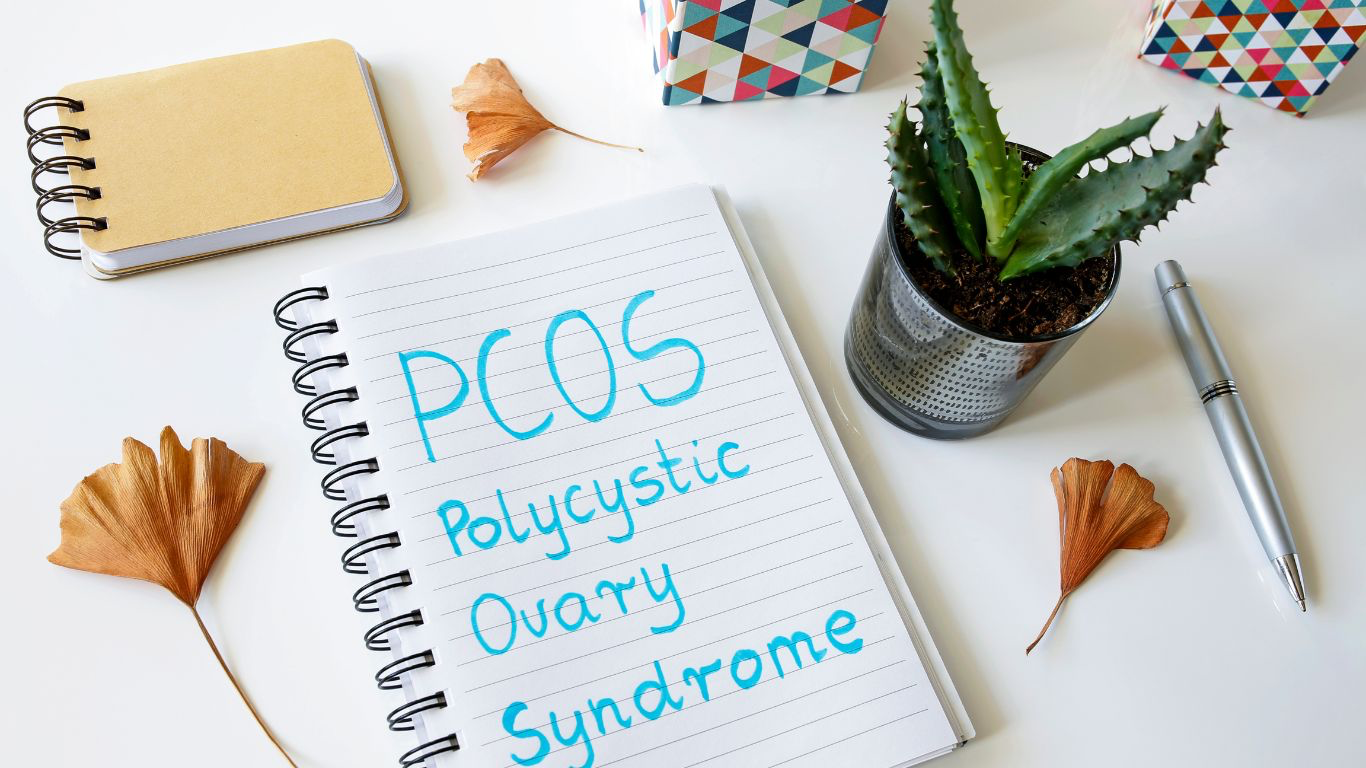
26 Sep Navigating PCOS and Infertility: Expert Insights from FSMG’s Fertility Specialists
Polycystic Ovary Syndrome (PCOS) is a common hormonal disorder affecting approximately 10-13% of reproductive-age patients. At Fertility Specialists Medical Group (FSMG), we strive to provide comprehensive education and effective treatment for PCOS.
What is PCOS?
At its core, PCOS is characterized by a hormonal imbalance. Those affected might have infrequent or prolonged menstrual periods and may exhibit an excess of male hormone (androgen) levels. The ovaries can fail to release an egg each month, making it difficult to become pregnant.
Symptoms of PCOS
Symptoms can vary, but prevalent signs and symptoms include:
– Irregular periods
– Heavy bleeding
– Excess androgen
– Polycystic ovaries
– Infertility
– Fatigue
– Unexpected weight gain or struggles with losing weight
– Male-pattern baldness or thinning hair
– Acne, oiliness, or dandruff
Dr. Arlene Morales, founding partner at FSMG, mentions: “Many of the patients we consult have concerns with menstrual irregularities and, importantly, infertility. Yet, it’s essential to emphasize that not every patient with PCOS will experience all these symptoms.”
The Link Between PCOS and Infertility
A significant concern associated with PCOS is infertility. The hormonal imbalance can disrupt the regular release of eggs, making building your family feel virtually impossible.
Dr. Wendy Shelly notes, “There’s a connection we’ve often seen; if a family member has had challenges with PCOS, there’s a higher likelihood of similar reproductive challenges.”
Managing and Treating PCOS
The focus of treating PCOS is on managing individual symptomsand optimizing long term health outcomes while also addressing infertility.
– Lifestyle changes: Healthy eating habits, regular physical activity, and weight loss can help regulate menstrual cycles and improve PCOS symptoms, enhancing natural fertility.
– Medications: While birth control pills can regulate menstrual cycles, they do not allow for pregnancy., Metformin and fertility drugs specifically address infertility challenges associated with PCOS.
– Surgery: For some, procedures like ovarian drilling can be beneficial.
Dr. Alexa Medica advises, “A comprehensive approach is most effective. We need to address not only the immediate symptoms,but the long-term health implications and wellness of our patients.”
PCOS is a prevalent condition and understanding its link to infertility is crucial. At FSMG, our team stands ready to guide patients through the intricacies of PCOS, offering hope and advanced care options.
To request an appointment: CLICK HERE https://ivfspecialists.com/contact/appointment/
Sources:
• The National Institutes of Health. “Polycystic ovary syndrome (PCOS)”. Eunice Kennedy Shriver National Institute of Child Health and Human Development.
• Diamanti-Kandarakis E, et al. (2006). “Insulin resistance and the polycystic ovary syndrome revisited: an update on mechanisms and implications”. Endocrine Reviews.
• González F. (2016). “Inflammation in Polycystic Ovary Syndrome: underpinning of insulin resistance and ovarian dysfunction”. Steroids.


